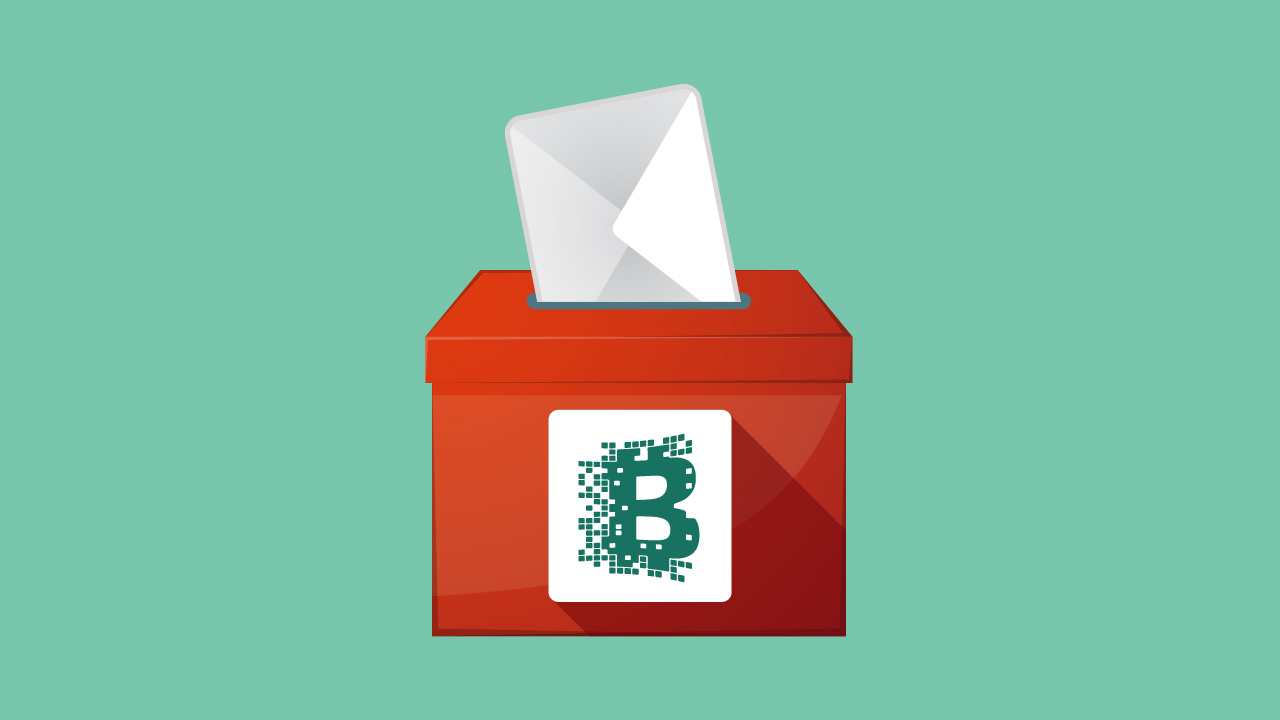Business of Fintech
‘A big step in the right direction’: Settlemint’s founder and CEO on blockchain e-voting
- Blockchain e-voting has the potential to revitalize voting on a national scale.
- Matthew Van Niekerk walks us through blockchain's possible impact on the United States voting system.








